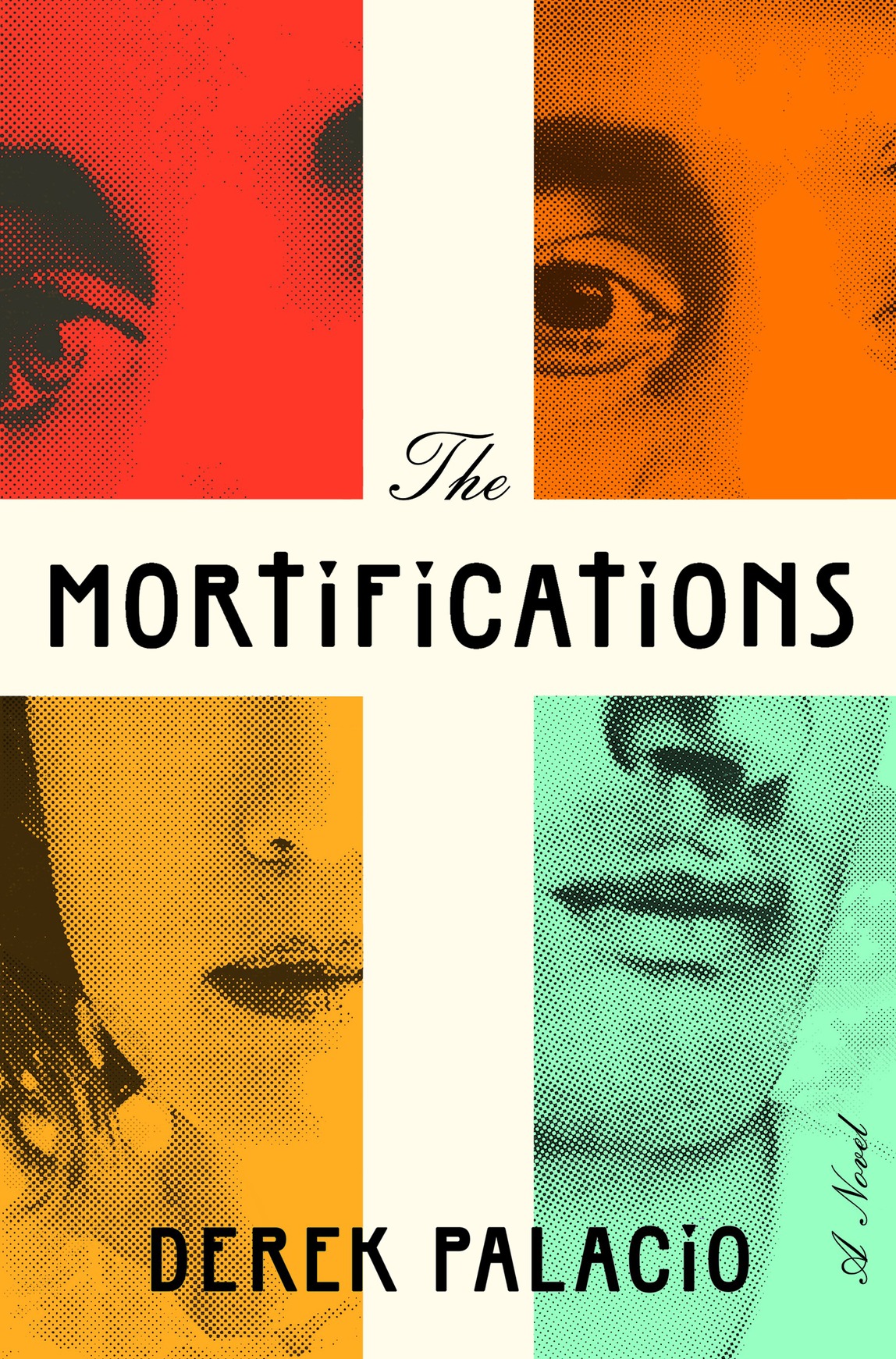
The Mortifications
A Novel
کتاب های مرتبط
- اطلاعات
- نقد و بررسی
- دیدگاه کاربران
نقد و بررسی

July 4, 2016
At the heart of O’Henry-winner Palacio’s debut novel are the twins Ulises and Isabel Encarnacion. The twins’ mother, Soledad, has fled Cuba with her children during the Mariel boat-lift of 1980, leaving their rebel father, Uxbal, behind in rural Buey Arriba. The three exiles settle in Connecticut, where Soledad takes up with a Dutch horticulturist who grows Cuban tobacco, but she, like her children, cannot escape the past. All three family members are defined by their longing for something lost. Ulises, especially, longs for something indefinable, something he wonders if he ever had in the first place, and which he carries as a burden anyway. A twisted promise Uxbal asks Isabel to keep drives the girl deep into Catholic mysticism. She seeks sacrifice, choosing first one martyrdom and then another, until she goes missing. Ulises is a natural with the Dutchman’s soil, and he excels in Latin and the classics at school. He doesn’t remember much about home, but when Soledad falls victim to cancer and asks him to find Isabel, Ulises returns to Cuba. In fact, all the characters end up where they began—in Cuba—their journeys as mythic as geographic. Perhaps strongest of all in this winning debut are the scenes set in Cuba: these humid and colorful pages sing with empathy. The orphans, rebels, and old women he describes breathe with vital intensity. Agent: PJ Mark, Janklow & Nesbit Associates.

A powerful family saga, Palacio's gorgeous and challenging debut follows the Encarnacions as they navigate the space between Hartford, Connecticut, and their native Cuba.In 1980, Soledad Encarnacion gathered her children, twins Ulises and Isabel, and emigrated from Cuba to the U.S., members of the "now-infamous" Mariel Boatlift. Her husband, Uxbal, though, resisted and then refused. "Kingdoms, he said, are hard to come by," and indeed, "he was so certain of his position that he'd tried holding his daughter ransom....Soldedad was able to retrieve the girl only by holding Ulises hostage in return." And so the family is split: Uxbal remains in Buey Arriba while Soledad takes the children past Miami, with its waiting Cuban community, and on to Hartford, where her "second cousin knows some people." There, she establishes herself as a court stenographer, eventually beginning a romance with Henri Willems, a Dutch horticulturalist haunted by his family's past. Ulises, star of his school's Latin program and growing enormous, finds a home working Willems' tobacco fields. "His logic was that he could scrape together a father, his old father, from bits of the Dutchman; he could resuscitate memories and eventually recall something of Uxbal besides the portrait lurking about his brain," Palacio writes. Meanwhile, Isabel devotes herself to the dying. Her spiritual hunger is powerful, often unsettling; at 18, despite her family's protests, she joins a convent, taking vows of chastity, poverty, and silence. But their tenuous American equilibrium is disrupted when a letter arrives from Uxbal, reasserting his existence and, unexpectedly, inadvertently, calling the family home. The fates of the Encarnacions, it becomes clear, are inextricably linked with Cuba and with each other. Palacio's writing is deceptively simple and startlingly original, and his characters, raw, almost mythic in scope, hang on long after the last page. Searching, heartbreaking, and achingly beautiful, the novel is as intimate as it is sweeping. COPYRIGHT(1) Kirkus Reviews, ALL RIGHTS RESERVED.

August 1, 2016
Ulises and Isabel Encarnacion, twin brother and sister, come from Cuba (as Marielitos) to the tobacco country of Connecticut along with their mother, Soledad; their father, Uxbal, a committed revolutionary, stays behind. Isabel initially becomes a nun and works, controversially, with the dying, while the physically imposing Ulises labors in the local tobacco industry with Soledad's paramour, the Dutch Henri Willems. Soledad is stricken with breast cancer and undergoes a double mastectomy but without diminishing her very profound sexuality, which is at the core of the novel. Isabel's disappearance forces Ulises (and, as it turns out, Isabel herself) back to the homeland, where they find Uxbal and reunite. The prose in this ambitious first novel is straightforward, and there is, surprisingly, very little sense of place, either of Cuba or the U.S., but Palacio's characters keep one riveted to the complex story of exile and estrangement.(Reprinted with permission of Booklist, copyright 2016, American Library Association.)

























دیدگاه کاربران